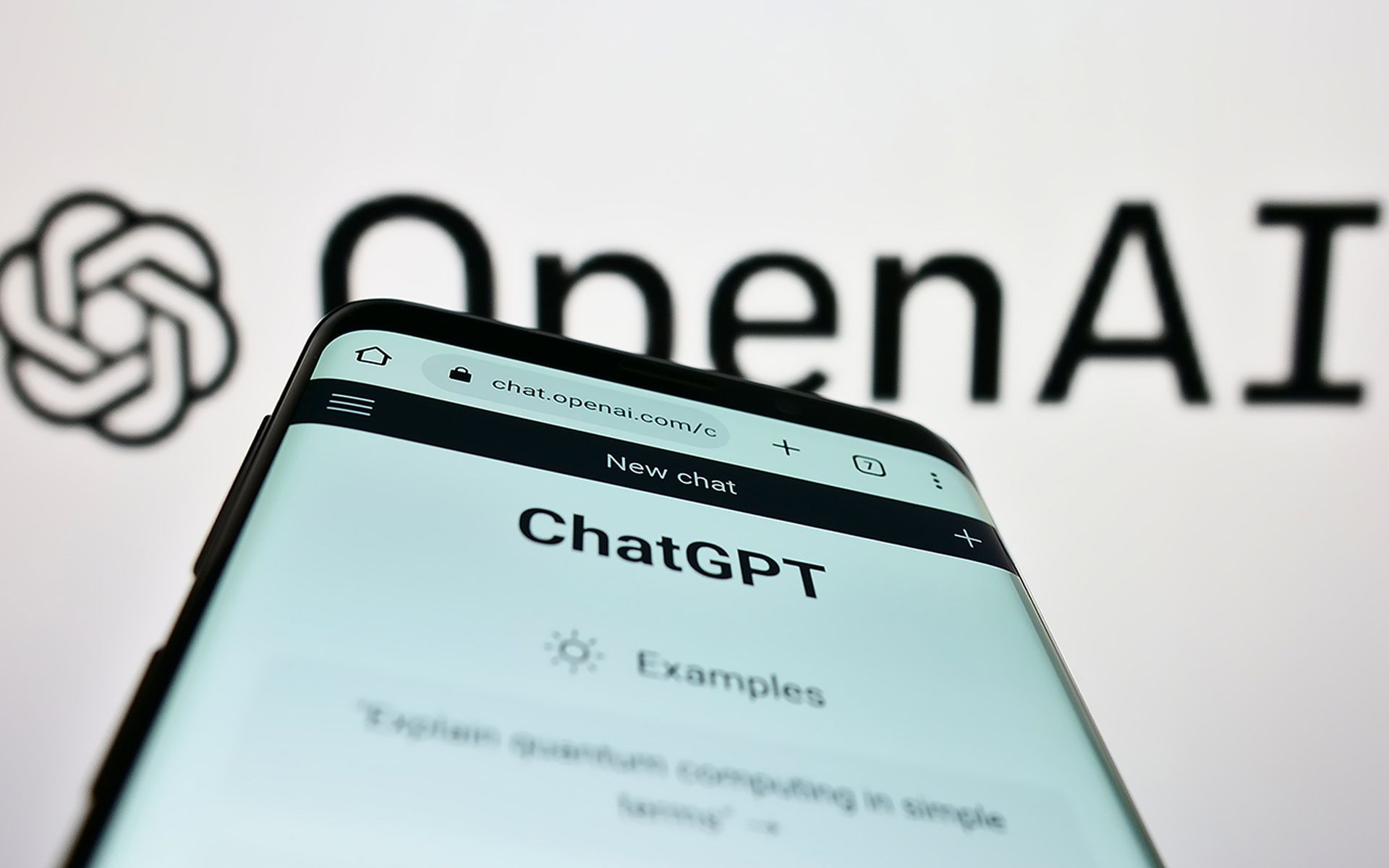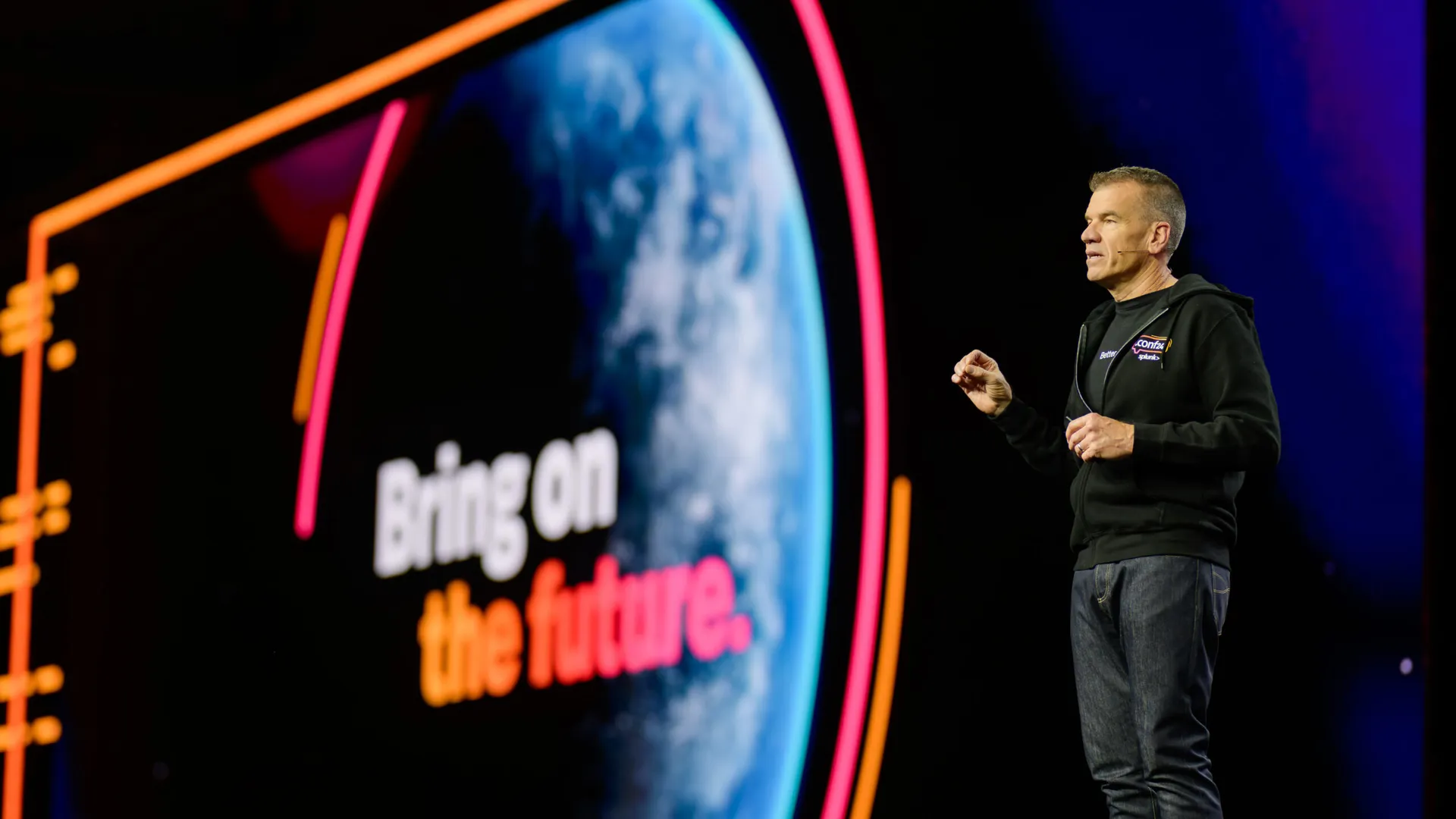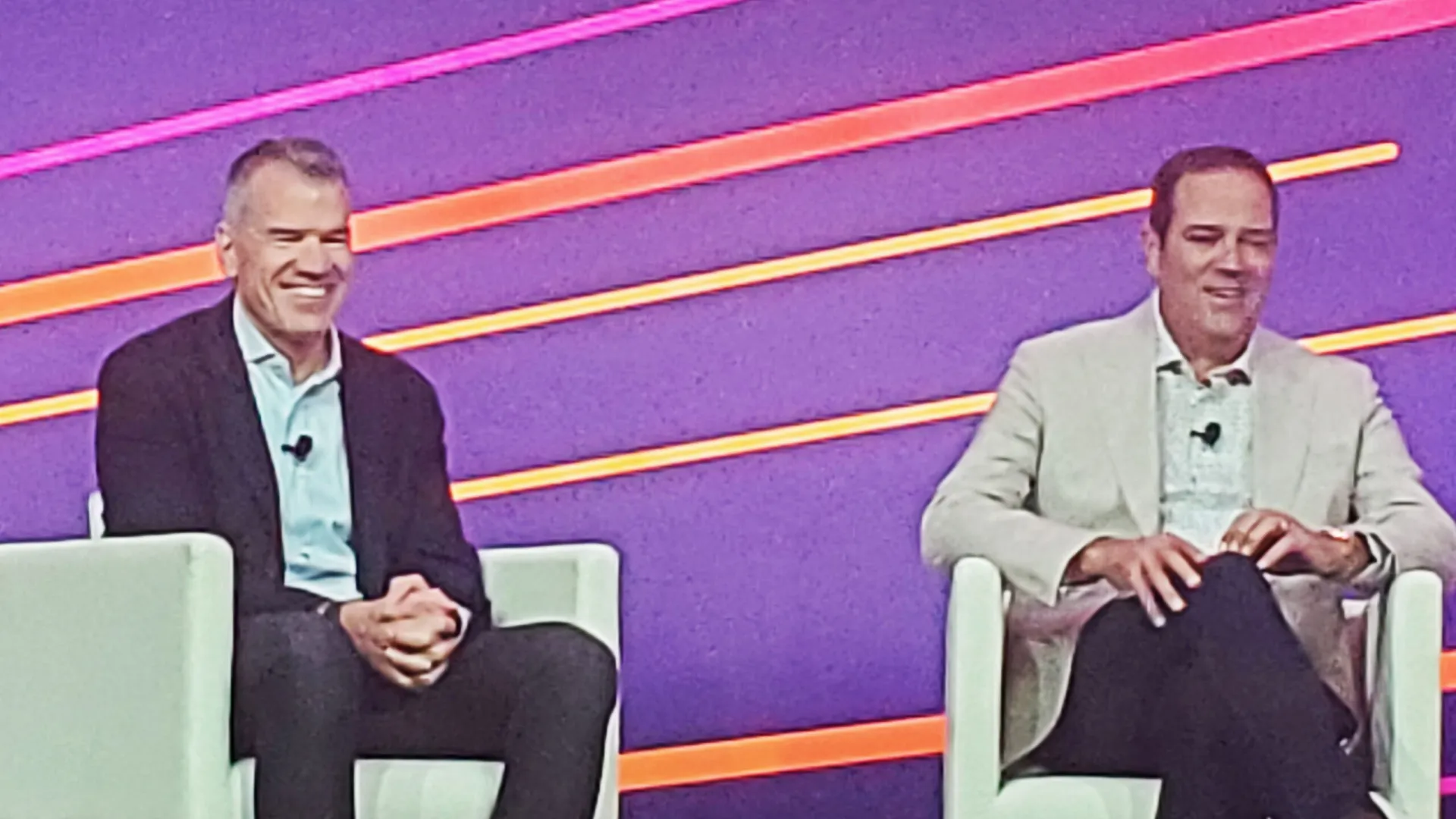Managed security service providers (MSSPs) often leverage AI technologies to enhance their capabilities in detecting and responding to cybersecurity threats. AI can significantly improve the efficiency and effectiveness of security operations by automating routine tasks, analyzing vast amounts of data, and identifying patterns indicative of potential security incidents.
The ability of generative artificial intelligence (AI)--and ChatGPT in particular--to understand questions and produce accurate answers has brought with it both excitement and fear among businesses and consumers. Rarely has a new technology brought that range of reaction to the forefront.
Vertical Industries That Fear ChatGPT
Along those lines, a new study sponsored by ChatGPT service provider, AIPRM, of 3,000 business owners in the U.S. found that the healthcare industry is the most fearful of ChatGPT, with almost one quarter (24%) of respondents distrusting the AI tool.
By contrast, users in the professional, scientific, and technical services industry (33%) deployed it most often.
AIPRM, which commissioned the research, looked for opportunities that can benefit an organization's performance in the target industries. Owners in 15 different industries were asked which U.S. industries are the most skeptical of ChatGPT and their top concerns of the technology.
The main reason for the distrust of ChatGPT is security concerns, no surprise there, with 22% of the respondents pointing that way.
- “Question misinterpretation,” was cited by 21% of those avoiding ChatGPT at work.
- “Inconsistent answers” was the reason for 17% of business owners.
- 15% pointed to “fabricated information.”
- 15% of respondents are concerned about AI tools usage at work causing legal and compliance issues.
Here are the top five industries most concerned with the impact of ChatGPT on their businesses:
- Healthcare and social assistance (24%)
- Construction (14%)
- Manufacturing (8%)
- Administrative and support services (8%)
- Professional, scientific and technical (8%)
In addition to the trust data, here are the top five industries that believe ChatGPT will not help their businesses:
- Healthcare and social assistance (20%)
- Construction (16%)
- Manufacturing (9%)
- Professional, scientific and technical (8%)
- Transportation and warehousing (7%)
Here are the top five industries that use ChatGPT regularly and sometimes:
- Professional, scientific and technical (33%)
- Retail trade (30%)
- Accommodation and food services ((24%)
- Finance and insurance (18%)
- Wholesale trade (16%)
- Administrative and support services (16%) tie
Businesses Fear Cybersecurity Risks
Christoph C. Cember, founder and chief executive of AIPRM, said that some businesses are afraid of unpredictable outcomes and cybersecurity risks.
“Some may be fearful of the unpredictable outcomes of using AI in the workplace, especially the concerns over cyber security risks when it comes to a new technology," he said. "However, AI itself isn’t the risk, instead, it has been found to boost business performance as long as there is good control over the tool."
Cember offered the following cybersecurity advice for those using ChatGPT or other generative AI tools:
“The first priority concern many users may have is the potential security risks, and whilst generative AI could be misused by malicious perpetrators who wish to access data and cause damage, using antivirus software and secure file-sharing, your workplace computer system will be protected. Although, a key factor is ensuring that you are consistently up to date with the latest advancements in the technology sector. This will help improve the understanding of the capabilities, limitations and risks that AI holds.”
The MSSP Opportunity on Safely Using Gen AI
This is where MSSPs come in, with the ability to educate and train employees how to properly use AI to their advantage and to avoid the pitfalls of using it. For example, customers that may have been victimized by a malware attack through social engineering could turn to MSSPs to identify and report potential threats through AI.
In addition, patch management and making certain that customers' are up to date on their security profile is an important role MSSPs can fill. Another way MSSPs can contribute is to help organizations meet regulatory and compliance regulations and intellectual property violations.
“Using AI-generated content can lead to accidentally infringing on existing intellectual property, which in turn, may lead to copyright or infringement claims,” Cemper said. “Moreover, to prevent any such claims or GDPR fines, businesses should be able to verify how training data is obtained and verify that their AI supplier has a lawful legal basis to process data.
You can see data from the study in its entirety here.




